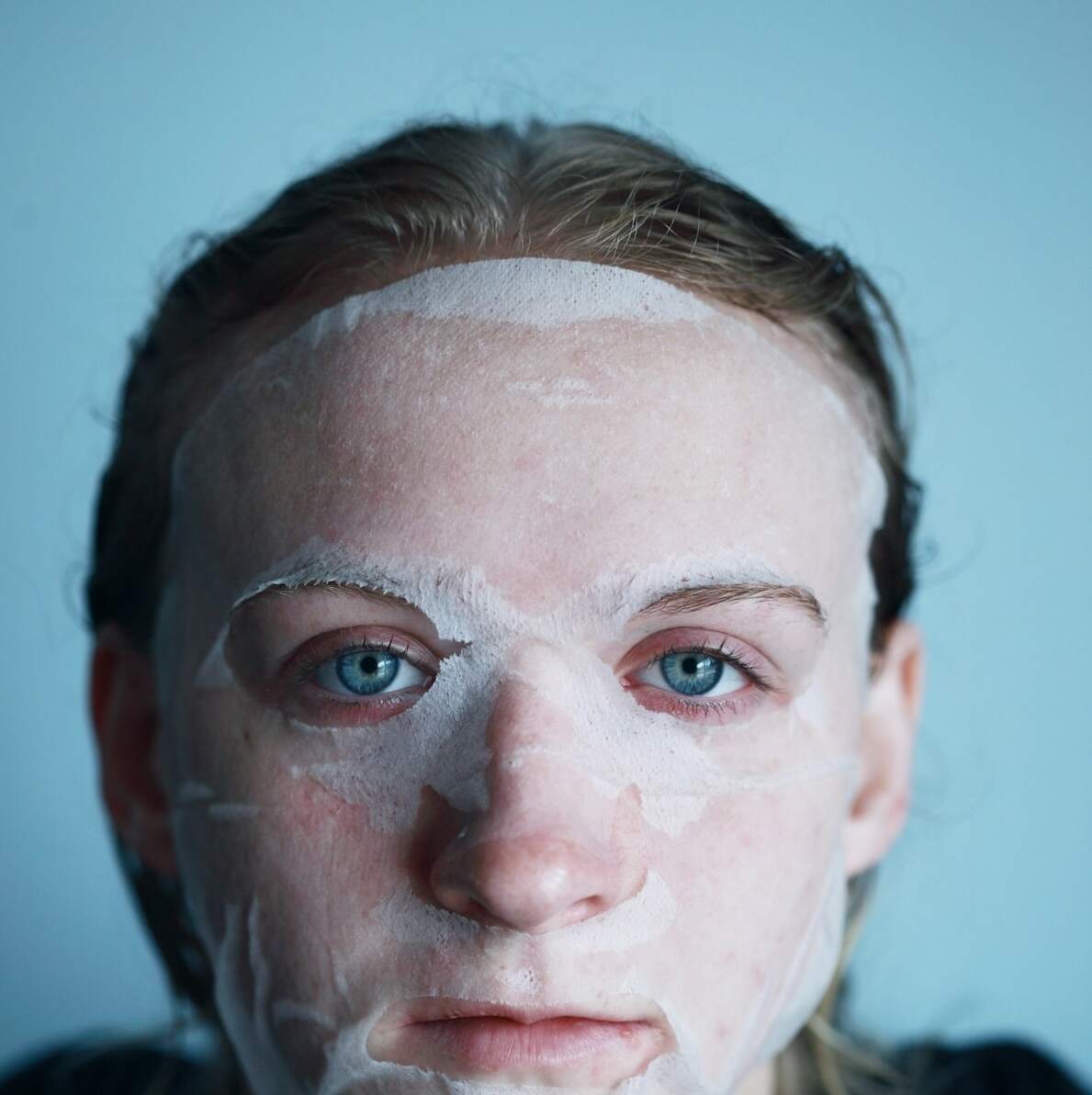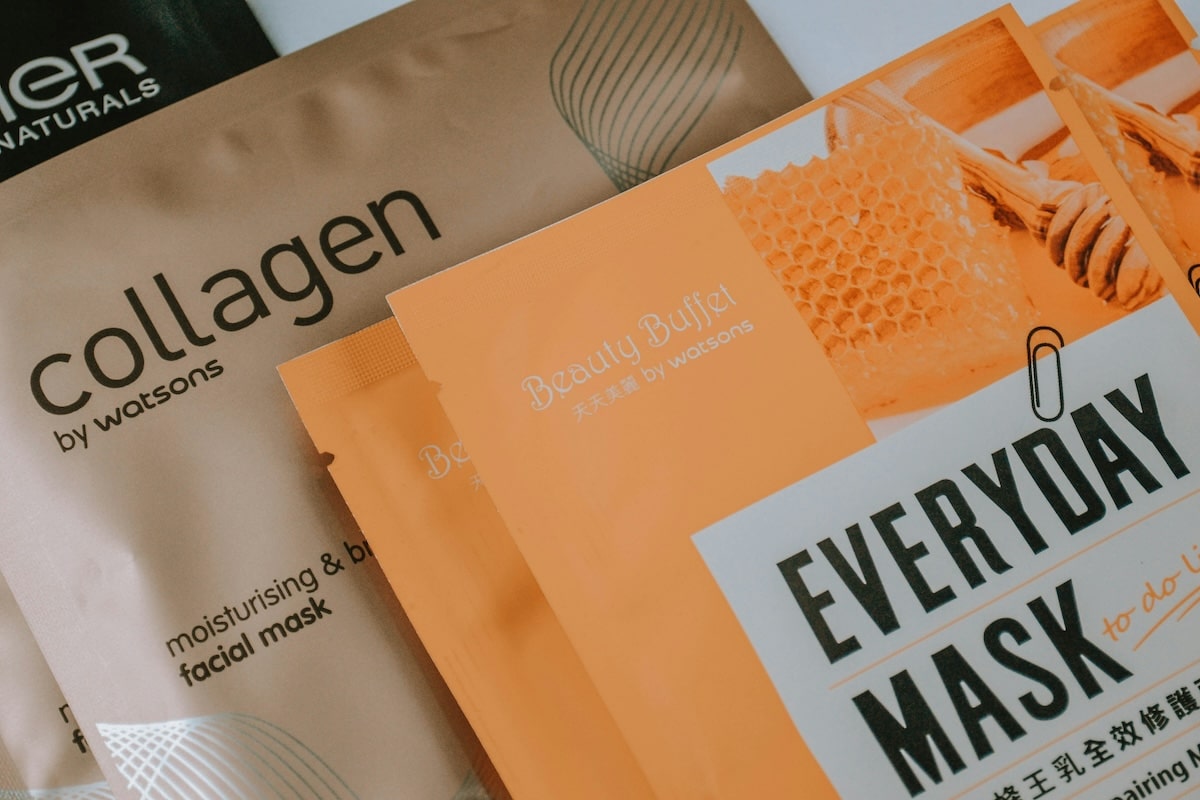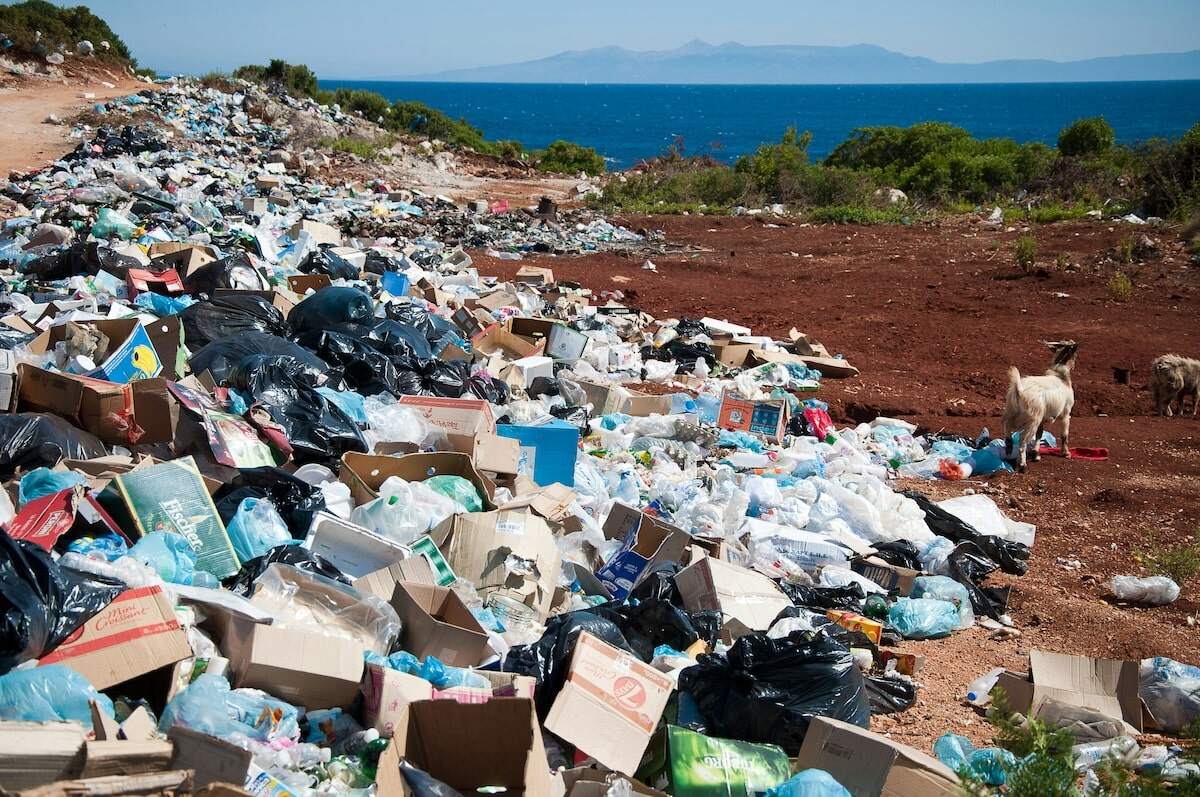
Are Sheet Masks Sustainable?
Sheet masks have been long used by women in east Asian countries such as: South Korea, Japan, and China. The product gained worldwide notice during the K-beauty boom of 2013. Sales of sheet masks grew 60% from 2013 to 2014. Customers realized that sheet masks were fantastic beauty products that delivered immediate results without a lot of effort, a perfect fit for today’s fast-paced society.
However, more recently, single-use beauty products like sheet masks and make-up wipes are under scrutiny due to the unsustainable practices they promote in society. A single-sheet mask product consists of a plastic pouch, the mask, and sometimes the mask is wrapped in a plastic sheet. None of the components are recyclable and all of them end up in the trash post sheet-masking session, making it one of the more wasteful things one can do in 20 minutes or less.

THE BIODEGRADABILITY OF SHEET MASKS
Most sheet masks currently on the market are manufactured from a synthetic blend of materials such as nylon, plastic microfibers and polyester. All of which are substances that cannot be composted and must go in the garbage bin.
Moreover, the packaging of sheet masks further makes them unsustainable. Packaging beauty face masks involves wrapping the individual masks, as well as shipping them together in larger boxes for transport. The masks are typically wrapped individually in multilayer packaging, a composite material made of aluminium and plastic, which cannot be recycled.
These materials may end up in landfills or the ocean. It is a known fact that plastic can take hundreds of years to decompose, breaking down over time into harmful microplastics—pieces of plastic are manufactured using different toxic and carcinogenic chemicals. Already research shows that microplastics are abundant in water, air, and the food we eat. These particles also release methane as they break down. Methane emissions contribute to global warming, and global warming affects our climate, creating more severe and unpredictable weather patterns that impact entire ecosystems.
Currently, no widespread methods exist to recycle the multilayer packaging and the sheet masks, primarily due to the distinct recycling requirements for each layer combined with the present inability to separate these layers. It cannot be recycled, and it must also be discarded with the mask.

SUSTAINABLE ALTERNATIVES
Some sheet masks on the market do claim to be compostable and sustainable alternatives that still allow you to enjoy the rejuvenating feeling of ordinary sheet masks. However, most experts are skeptical of these claims. Most sheet masks are not fully compostable, recyclable or biodegradable, and there’s a huge problem of greenwashing within the skin care market. Currently some brands are experimenting with biodegradable materials like baobab leaves and bio-cellulose, which will eventually break down after being thrown away.
However, the most sustainable alternatives for sheet masks would be to return the classic facial-in-a-pot. These products can be washed off and do not produce unnecessary waste. You also have the option of making your own beauty facials at home. This DIY option will allow you to create a range of beauty treatments with beneficial ingredients.
While beauty brands are finally starting the conversation around carbon footprints for which the global industry is responsible, there’s still a long way to go. We, as consumers must also recognise our responsibility in creating demand for a product that may be superfluous and harmful for the environment. So next time, you’re stocking up on sheet masks, take a moment and think: Does it still make for a mindful purchase for you?






